Podcast: Play in new window | Download (Duration: 6:56 — 6.4MB) | Embed
Subscribe: Apple Podcasts | Spotify | Amazon Music | Android | Pandora | iHeartRadio | JioSaavn | Podchaser | Gaana | Podcast Index | Email | TuneIn | Deezer | Anghami | RSS | More
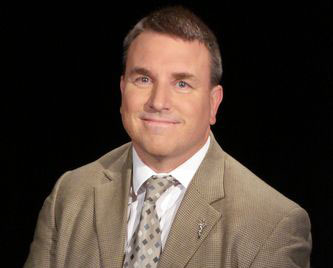 Episode 14 – Herman Melville and “Moby Dick” on Great Works in Western Literature with Joseph Pearce
Episode 14 – Herman Melville and “Moby Dick” on Great Works in Western Literature with Joseph Pearce
A sea adventure, a study of evil, and a cast of fascinating characters, including the crazed captain who is obsessed with hunting down the whale that maimed him — Moby-Dick is all of this and more.
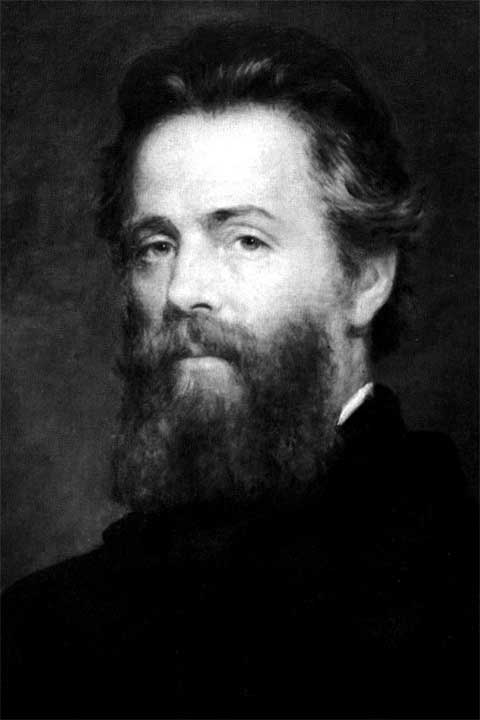 Based on the author’s experiences as a sailor, Herman Melville’s probing look into the human heart has been read and analyzed from every angle, including the most absurd. The tragic tale is looked at afresh in this Ignatius Critical Edition, which examines the background and other writings of the author and provides his essay on a work by his literary friend Nathaniel Hawthorne.
Based on the author’s experiences as a sailor, Herman Melville’s probing look into the human heart has been read and analyzed from every angle, including the most absurd. The tragic tale is looked at afresh in this Ignatius Critical Edition, which examines the background and other writings of the author and provides his essay on a work by his literary friend Nathaniel Hawthorne.
Based on the Ignatius Critical Edition, this series examines, from the Judeo-Christian perspective, the life,the times, and influence of authors of great works in literature .
Joseph Pearce is currently the Writer-in-Residence and Visiting Fellow at Thomas More College of Liberal Arts in Merrimack, New Hampshire. He is also Visiting Scholar at Mount Royal Academy in Sunapee, New Hampshire. He is also Visiting Scholar at Mount Royal Academy in Sunapee, New Hampshire. , as well as co-editor of the Saint Austin Review (or StAR), an international review of Christian culture, literature, and ideas published in England (Family Publications) and the United States (Sapientia Press). He is also the author of many books, including literary biographies of Solzhenitsyn, J. R. R. Tolkien, C. S. Lewis, G. K. Chesterton, and Oscar Wilde.
To learn more about the authors and titles available in the Ignatius 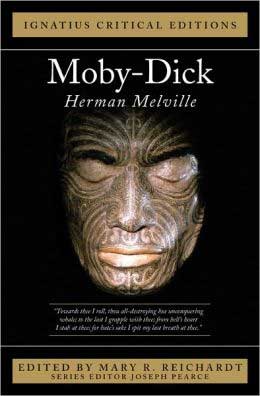 Editions
Editions


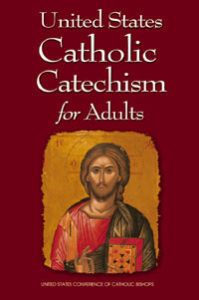
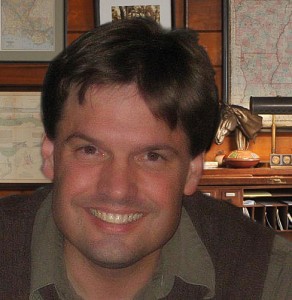
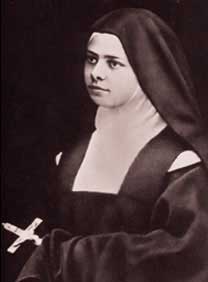

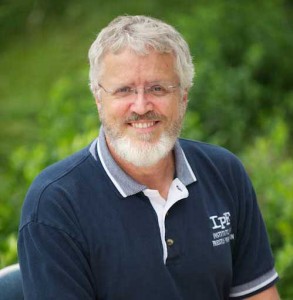 Heart of Hope Part 1 – The role of the Cross in the Christian life, suffering, prayer and and how it conquers evil
Heart of Hope Part 1 – The role of the Cross in the Christian life, suffering, prayer and and how it conquers evil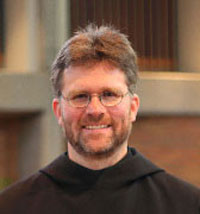 Episode 1 – The Holy Rule of St. Benedict: A Spiritual Path for Today’s World with Fr. Mauritius Wilde O.S.B., PhD. Materialism vs Gratitude is the subject addressed in our first episode. How to deal with things. “Do you really need it?” This is the question we are called to ask ourselves.
Episode 1 – The Holy Rule of St. Benedict: A Spiritual Path for Today’s World with Fr. Mauritius Wilde O.S.B., PhD. Materialism vs Gratitude is the subject addressed in our first episode. How to deal with things. “Do you really need it?” This is the question we are called to ask ourselves.
 From the Holy Rule of St. Benedict:
From the Holy Rule of St. Benedict:
